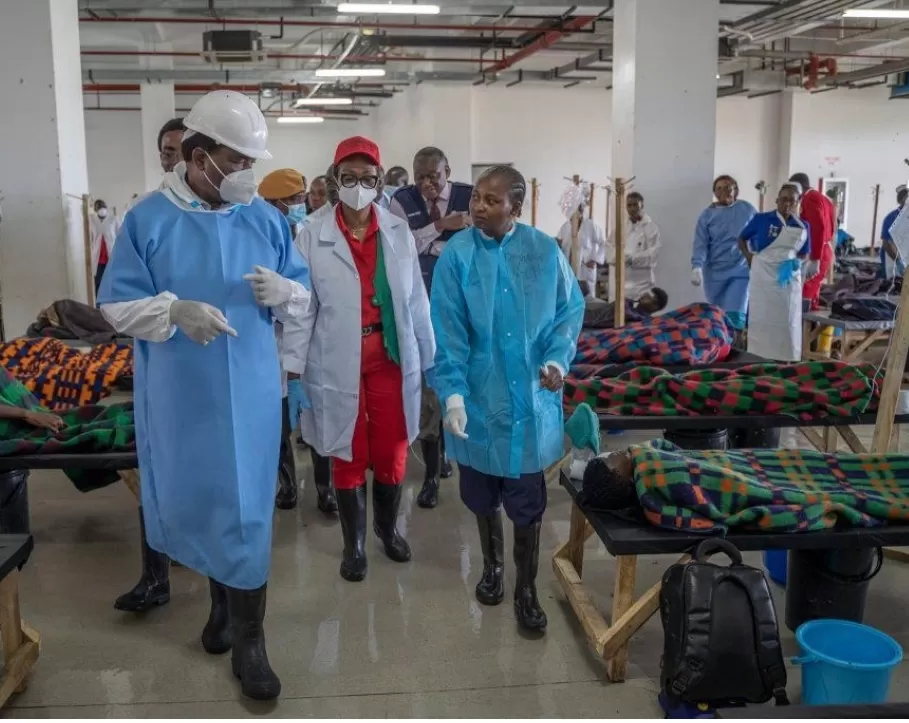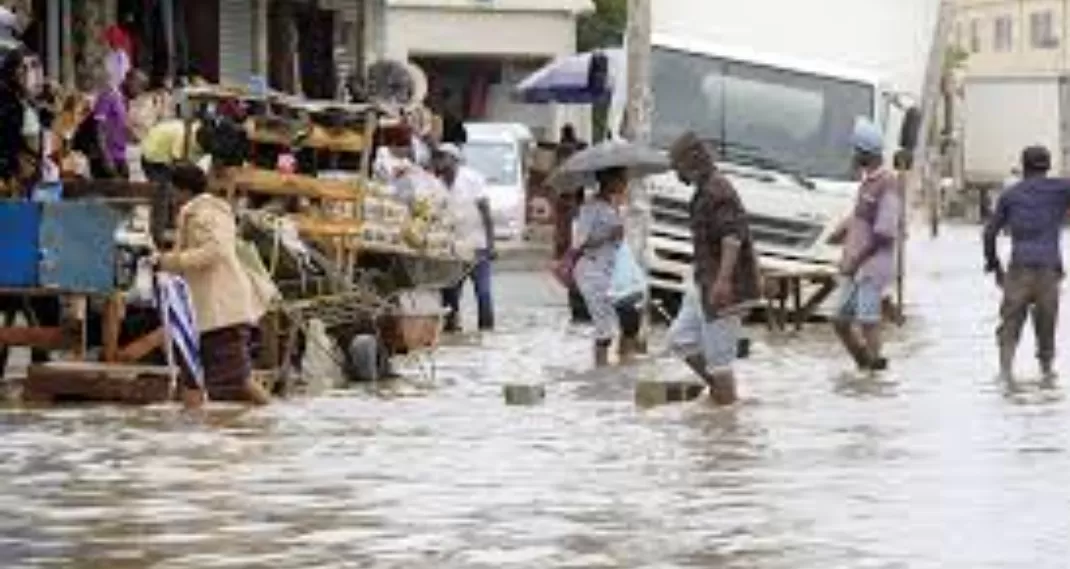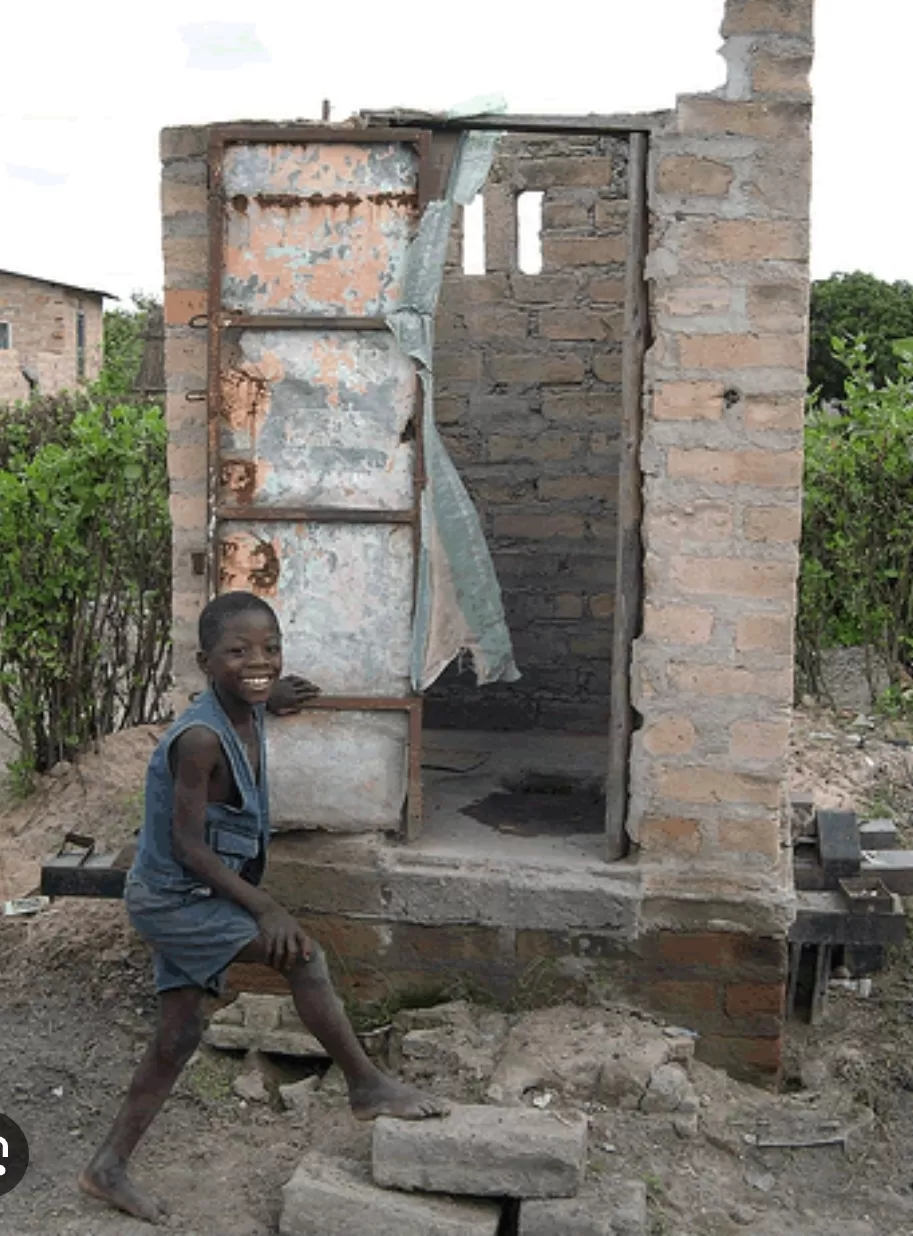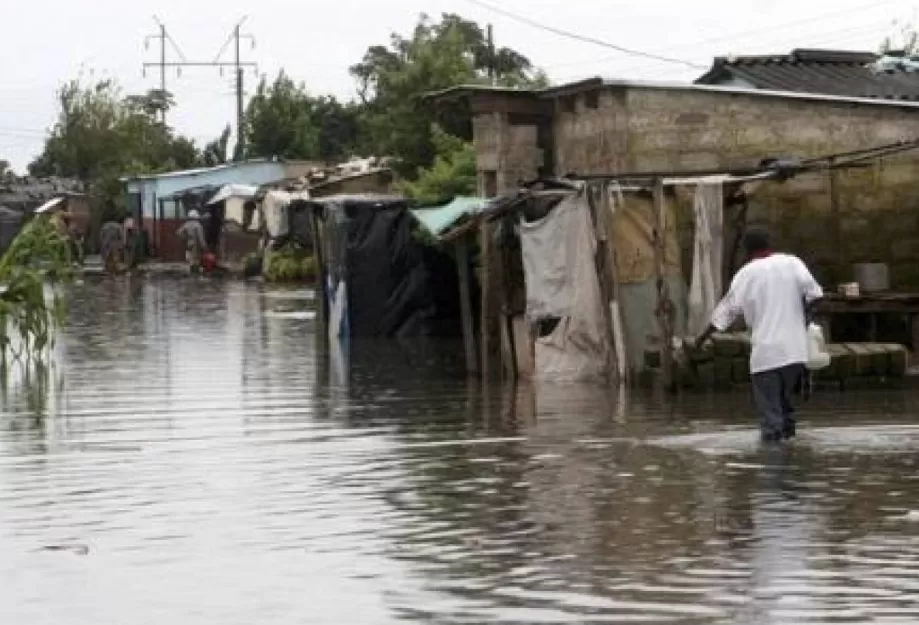By Kalata News
LUSAKA 21/01/24 – THE INEFFECTIVENESS of Zambia’s local council system is costing Zambians billions of kwacha in both damage and loss of life.
The Cholera in Lusaka for example, is as a result of the local authority’s failure to provide clean water and social amenities to the people of Lusaka and their families. The Lusaka City Council together with the Environmental regulatory agency – ZEMA – are failing to control and guide businesses on safe disposal of bad chemicals and industrial waste.

Cholera, simply described as diarrhoeal diseases caused by eating and drinking infected faecal matter, is evidence of the bad state of hygiene in Lusaka and other affected places. Lusaka still operates on badly designed open and shallow pit latrines that are a darling of flies and other insects that feast on the human excreta which then fly or crawl to nearby water and food sources to contaminate them.
When it comes to roads construction and maintenance and roads safety, the never ending potholes and damage on our roads within the city are caused by residential areas that do not have water drainages to safely remove rain water from people’s yards, company premises and public places within the city into water reservoirs or streams. Regardless of how many billions of Kwacha the Road Development Agency (RDA) pumps into domestic roads construction, as long as local authorities continue allowing un guided digging of the roads by telephone/internet companies, bill board vendors or any company wanting to cut through the road to lay pipes or cables, the Zambian roads will always be damaged.

Stagnant water, floods, mosquitos, uncollected heaps of garbage and poor disposal of industrial waste are a common feature in many cities.
Communication Specialist Aaron Kamanga writes on his social media page that “In the 2018 Cholera outbreak, it was discovered that many employees in the hospitality sector lived in compounds that were epicenters of the disease. So, you could be eating a sumptuous meal in a 5 star hotel; a meal that was cooked by a chef who stays in Misisi compound and served by a waiter from Kanyama. Macabre! So where is the 5 star service?”
In reaction to Kamanga’s post, a Bwalya Chisala says “It boils down to pathetic, capitalistic conditions of service. You can’t have a 5-star establishment with employees living is slums. Just like most government employees in Lusaka live in shanty compounds because the housing allowance cannot afford to keep them in uptown surbubs for the working class. 1 pin housing allowance in Lusaka!!! Really???!!!”

For Lusaka City Council, their failure to ensure that families in Lusaka and their business are provided with the best housing and best humanly possible environment will continue to cost Government and the Zambians human lives due to the outbreak of diseases and not to mention a huge strain on the Ministry of Health budget. This carelessness will also cost money in constant repairs to the roads, buildings among others as these wear down due to the bad conditions within which they operate.
In her decentralisation policy, Zambia needs to strengthen the role of local councils and its system and the accountability of councillors and the mayors on their time in the office. Local Government Minister Gary Nkombo has his work cut out for him.
The same was observed during the fight against Covid 19 and it is happening again during the Cholera outbreaks.
The Mayors of Lusaka and other big cities need to be put on task to explain their role in the spread and prevention of the cholera outbreaks.
For the Zambian government, there is need to attract water and sanitation experts from WASHE programmes to come and help improve the human waste disposal system in many cities including a ban on pit latrines.





